Disclaimer: The opinions expressed in this post are my own and do not represent the views of my sponsors or the projects I am part of, such as the WordCamp Europe organising team, the WordPress Contributor Mentorship Program, my roles in the Make Community team, or GatherPress community engagement. If there is any conflict with these projects, I welcome any feedback, and I am open to stepping down from my roles. Furthermore, the ongoing legal matters between the WordPress Foundation+Automattic and WP Engine are for the courts to decide, and I will not comment on them, as I am not aware of all the details. This post is focused solely on the WordPress contributor community, with the hope of fostering unity, not division. We are more than 40% of the web, and we must continue to represent the open-source ethos responsibly and collaboratively.
In making this call for unity, I also hope that expressing these views will not result in me being ousted from the community or projects I contribute to. The intention here is to spark constructive dialogue, not to divide or alienate anyone. I want to approve comments, so please refrain from posting personal attacks.
Edit 23 October 2024: I add other similar proposals at the end of the post
A Grateful Acknowledgment of Matt Mullenweg’s Vision
First and foremost, it is crucial to express deep gratitude to Matt Mullenweg for his vision, advocacy, and leadership in guiding WordPress to where it is today. His commitment to open source, his foresight, and his unwavering support for WordPress as a platform have brought it from a simple blogging tool to a powerful, transformative force for the web. The WordPress community wouldn’t be what it is without Matt’s dedication and contributions over the past two decades, and for that, I am immensely thankful. Thanks to his vision, countless people around the world are able to make their living through WordPress, building careers, businesses, and communities around this platform.
A Call for a New Leadership Model
As we look to the future, it’s evident that the WordPress project, like all thriving open-source initiatives, must continue to evolve, both in technology and governance. As much as Matt’s leadership has been integral, the time has come to consider new ways to lead, engage, and ensure the long-term health and sustainability of the WordPress contributor community.
One of the growing concerns in recent years is that contributors are leaving when they feel the leadership of the project is not aligned with their values. In numerous conversations at local events, I often hear the same sentiment: contributors feel they are not understood, not listened to, and that all major decisions are made by ‘them,’ referring to Automatticians in key decision-making roles. This disconnect has led to disengagement, for example fewer people willing to remain event organisers, and it has become more challenging to retain a diverse group of contributors who feel supported and represented within the project. Despite the great efforts being made with programmes like the Contributor Mentorship, whose third cohort starts today, we still lose more contributors than we onboard. This imbalance is a signal that something needs to change.
To address these challenges and build a more inclusive, sustainable future for WordPress, I propose a shift toward a leadership council, a body of an uneven number, such as 3, 5, or 7 elected representatives who embody the diversity of the WordPress contributor base. The executive power within this leadership council could follow a collaborative model, inspired by the Swiss government’s system of collegiality and consensus-building (you can read more in my post “The Swiss Federal Council: A Unique Model of Shared Leadership“). This would create a more balanced and democratic leadership structure, fostering collaboration among the council members instead of centralised decision-making.
Here are some key points for consideration:
- Diverse Representation: No more than one-third of this leadership council should come from Automattic (which could include Matt or another Automattic representative). The other two-thirds should be made up of contributors from other companies or independent, non-sponsored contributors. We need to ensure that the council reflects people from diverse backgrounds, continents, and cultures, ensuring a truly global representation of the WordPress community. The nomination and election process should be open and transparent, giving the community a voice in selecting representatives who can offer diverse perspectives and better reflect the entirety of the contributor ecosystem.
- Nomination and Election Process: The election process should apply to the two-thirds of the leadership council who are non-Automattic. This will ensure that contributors, whether they are sponsored by other companies or are non-sponsored volunteers, have representation in leadership. Transparency and fairness will be key to ensuring this council operates with integrity and remains accountable to the community.
- Time to revisit: Some of these ideas have been explored before, through past proposals like WP Governance and the work of Morten Rand-Hendriksen, Rachel Cherry and others, which laid the groundwork for this kind of change. Now might be the time to revisit these ideas and put some of them into practice.
Addressing the Current Challenges
Five for the Future, while a well-intentioned initiative, has highlighted some problematic trends in the way contributor hours are reported. There is growing concern about misleading numbers in the pledged hours versus actual contribution. This discrepancy must be addressed to maintain the credibility of the initiative and ensure transparency across the board. Accurate tracking and reporting of contributions are essential if we want to support sustainable contributor engagement and avoid burn-out. To dive further into these issues, I encourage readers to explore the recent reflections shared by Jean-Baptiste Audras (JB, WordPress core committer) and Dries Buytaert (the founder of Drupal). Note: I’m aware of the Health Dashboards project, which is a first step.
Another pressing issue involves WordPress’s official social media channels and Slack workspace. Dedicated contributors who offer valuable insights should not be blocked or excluded from these platforms. We must move toward a more inclusive approach, where open dialogue and debate are encouraged, rather than silencing community members. Giving these platforms to the community for management would not only encourage more participation but also ensure that they represent a broad spectrum of voices.
A Proposal for the Future
We need leadership that is as distributed and diverse as the community itself. Creating a council that includes representatives from across the ecosystem, Automattic, independent contributors and others, could be a path forward that honours the project’s roots while embracing its future.
This proposal is not a criticism of the past but an invitation to explore new models that prioritise sustainability, inclusivity, and shared ownership. The community we’ve built around WordPress is one of the most unique in the open-source world. To ensure its long-term vitality, we must be willing to try new approaches and listen to the people who make it thrive.
Thank you for reading and for your continued contributions to WordPress. Let’s continue to fight for unity, for the values that have brought us here, and for the long-term health of the community we all love.
Edit 23 October 2024, here is a list of similar proposals that I find interesting,besides the links I already list above, such as the WPGovernance, JB Audras and Dries Buytaert’ posts.
- WordPress Must Win (they also list a lot of other interesting links)
- Option 2 on this tweet by Trent
- Joost De Valk post
- Ryan McCue post
- Morten Rand-Hendriksen tweet
- Takis Bouyouris tweet
Related posts
These opinions and texts are mine, with the assistance of ChatGPT solely to improve the quality of the English language.

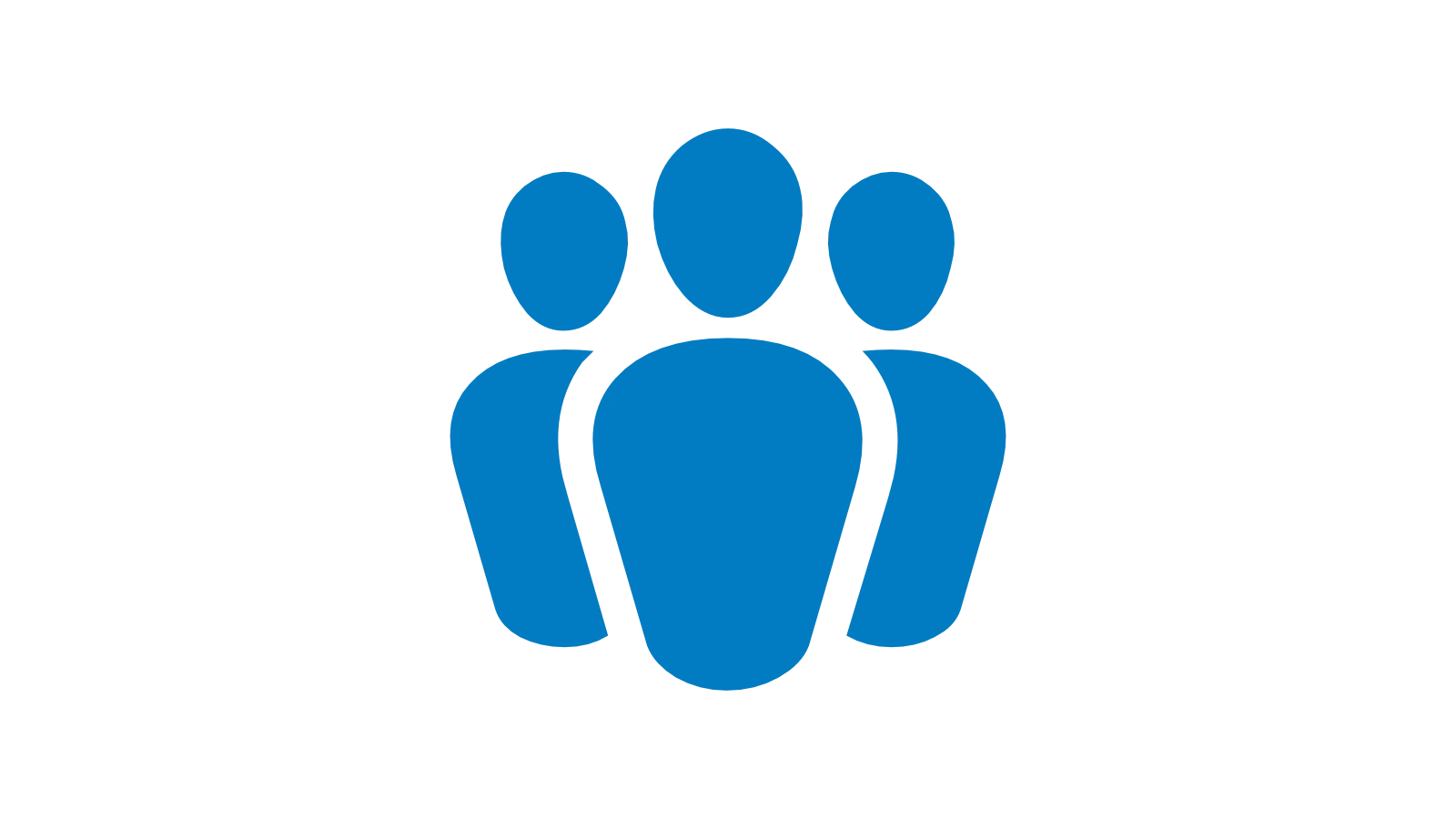
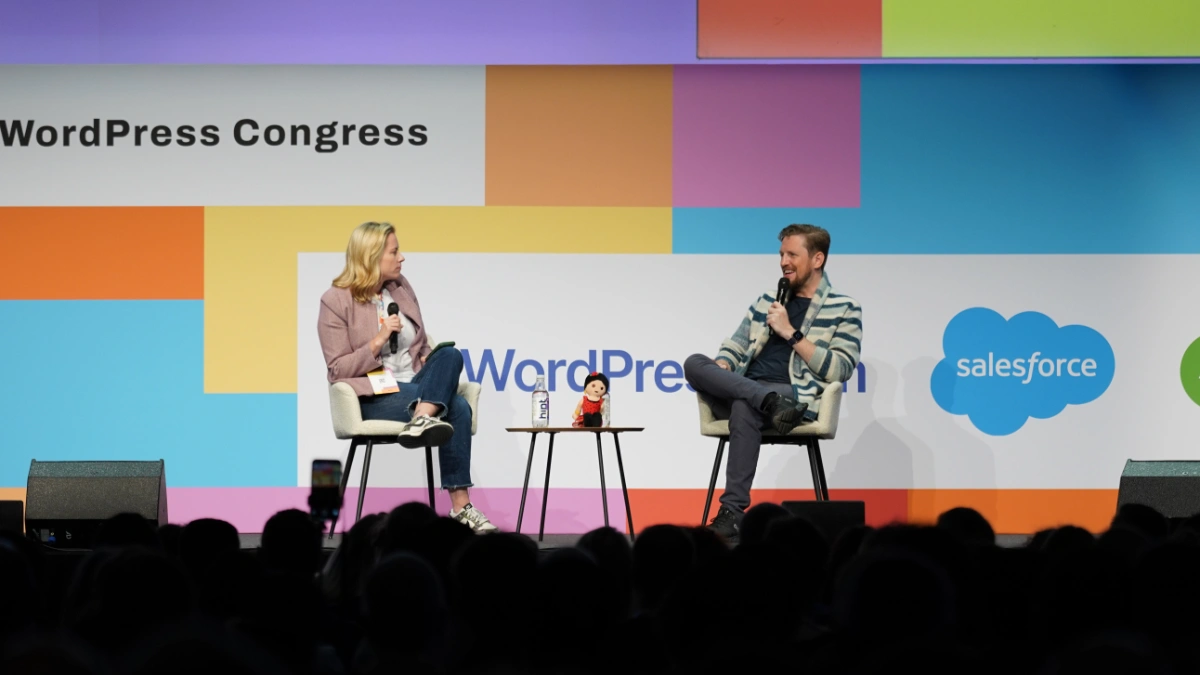
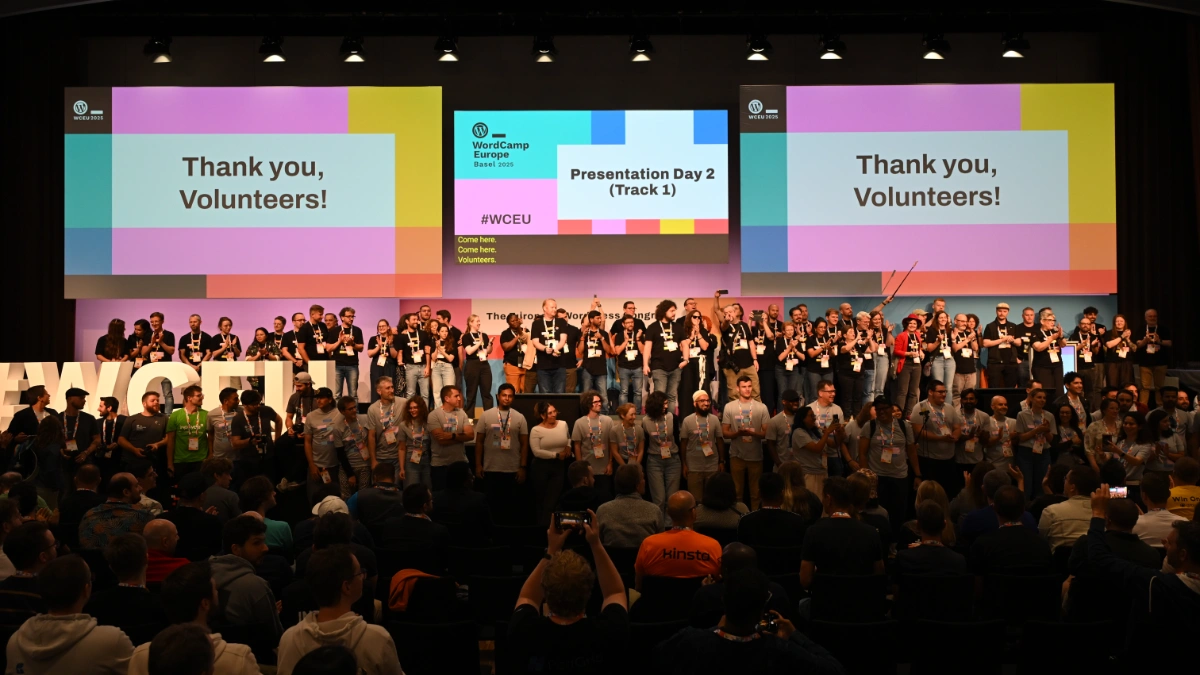

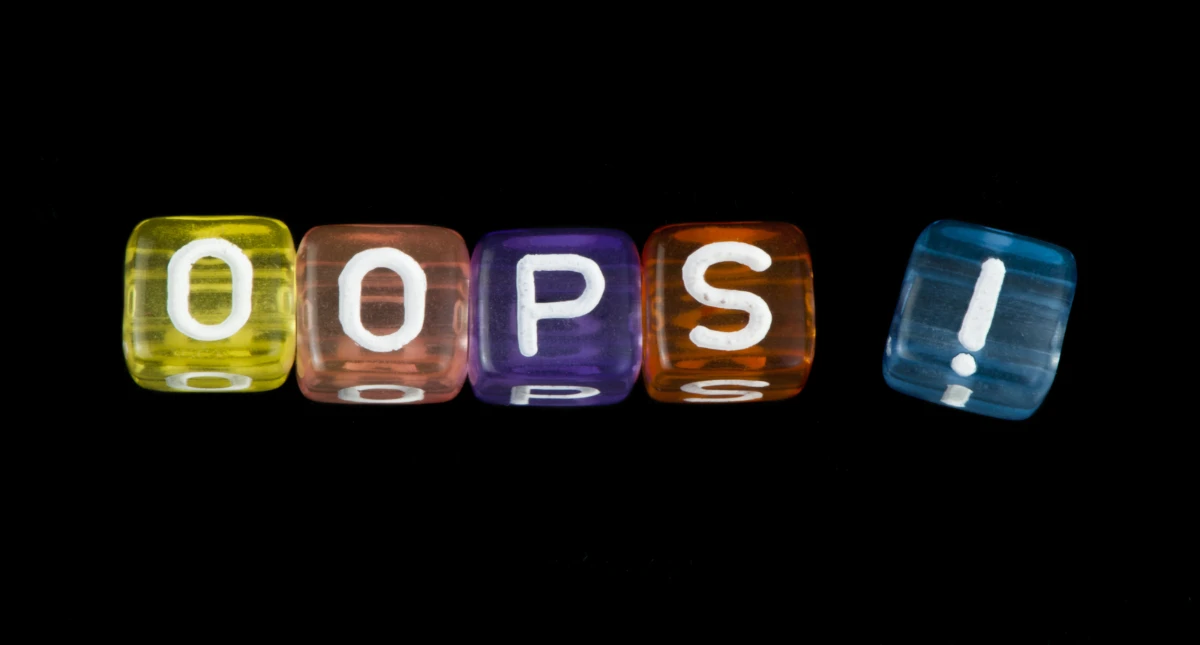
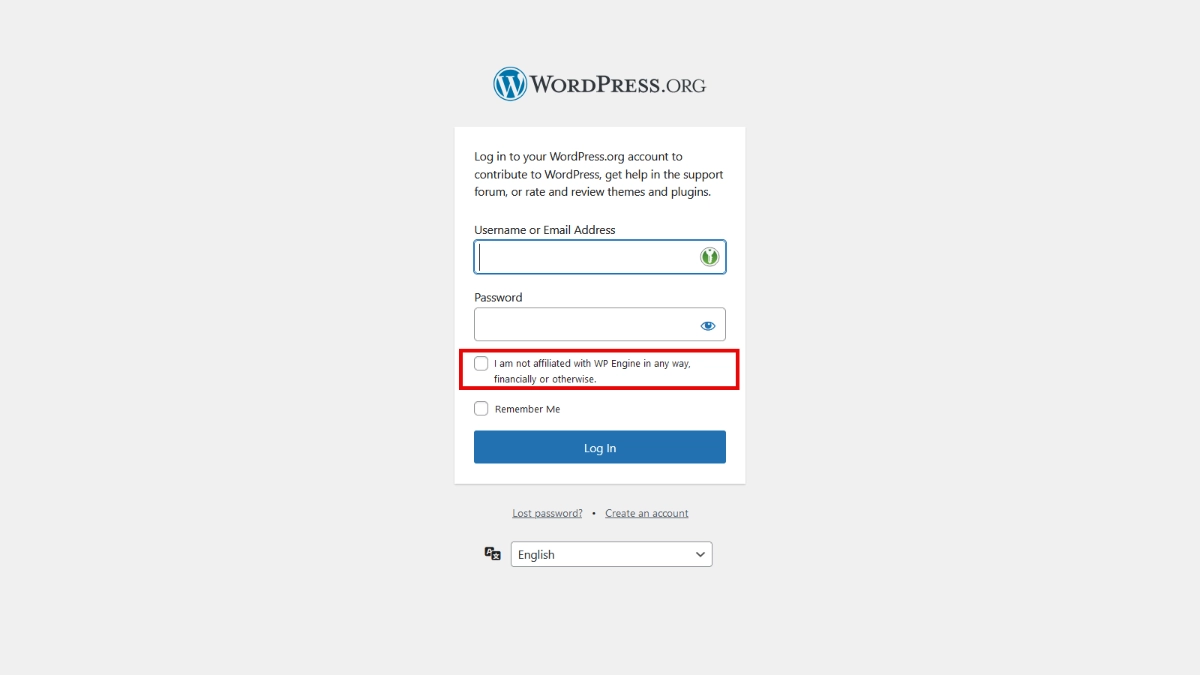
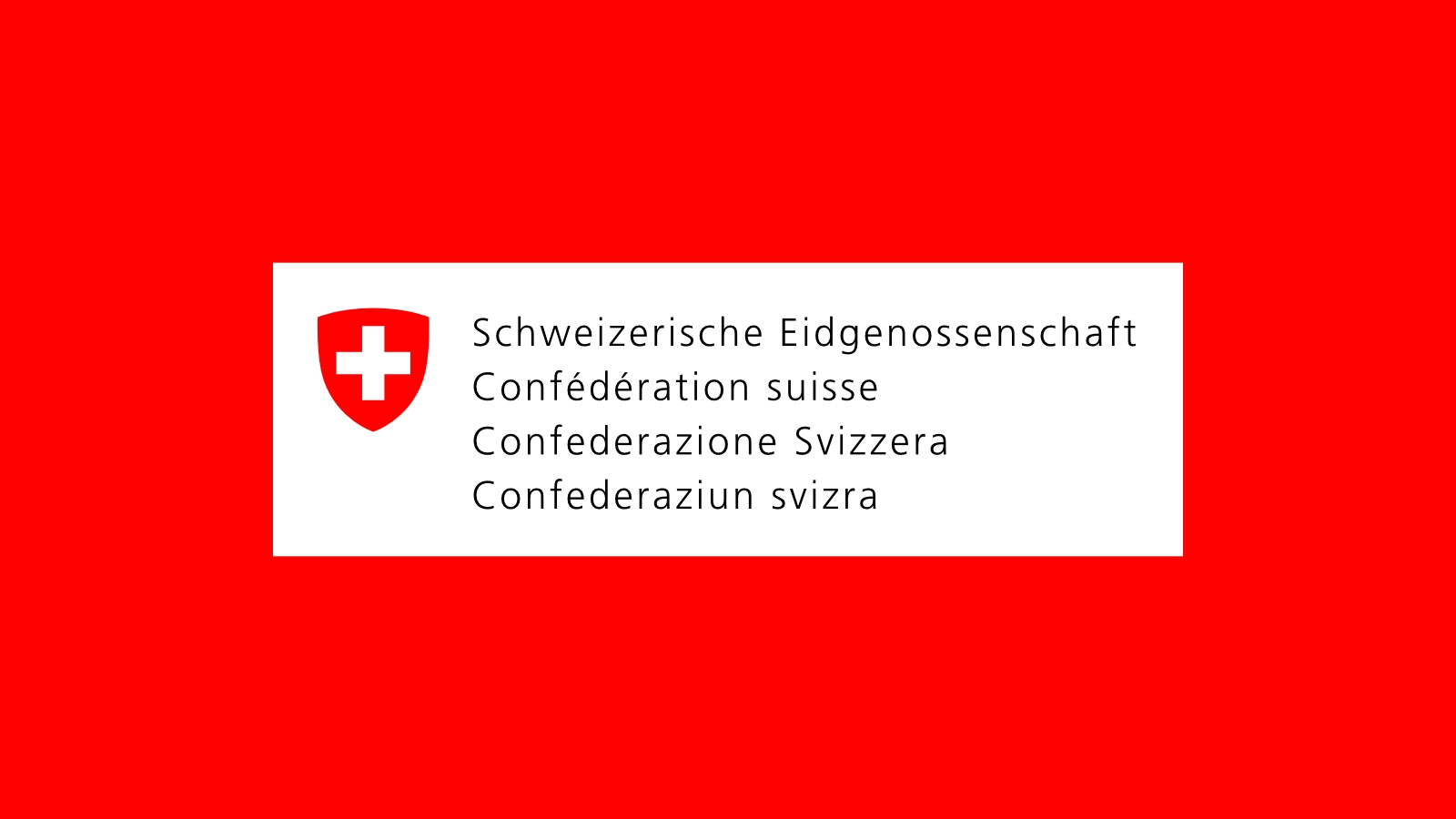
Leave a Reply